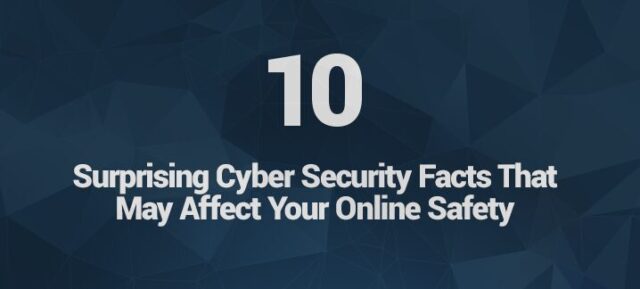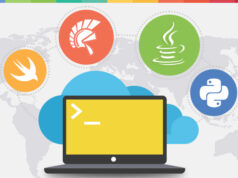
We can all agree that Internet is thing that greatly facilitates life. Saves us time while performing everyday tasks, and makes communication practically free. However, online security is still a problem. The vast opportunities offered to us equally extend to those who do not have quite as good intentions. To someone broke into the computer and pick up passwords must first get into your network. It is not too difficult if the attacker is persistent, and the network is protected by some weaker protocol or a simple password.
How to choose a password?
To improve online security, first thing to deal with is your own password. With a good password (at least a dozen characters with large and small letters and the occasional sign) will be somewhat safer. If you want to make sure that you choose a secure password, you can use the online password generators that use special programs for their generating. Remember – a good password is hard to remember! Using the same password for multiple purposes is simply unsafe. True, with such a flood of online services, sites and social networks is hard, and very impractical to have a special password for all, however, consider at least, to somehow group passwords together, so use at least a few different passwords for each different group.
Child Safety
When we talk about child safety on the Internet, it is important to know that this danger is real and the fact that many children are daily exposed to messages with inappropriate content or similar online threats. The biggest problem is the fact that children are not supervised by an adult who can explain what to do on the Internet.
The basic rules that experts recommend for children and parents when it comes to online security are:
- Education of children is the most important. Through talking and explaining things that can be seen on the Internet, and we can develop readiness to confront the possible dangers and also a sense of responsibility.
- Ask your child to find some of the information or educational site, join your child in this research, help him surfing. Allow your child to explore, unobtrusive and very discreetly monitor and periodically check the address visited ba your child and who all visited your child, do child respect the agreement with you.
- The child must not be afraid of the dangers from the Internet, but teach him how to overcome them. Victims of the Internet becomes children which are frightened, insecure, ignorant, and who do not have the trust of their parents. Restrict access to the Internet is not the solution to your fears with your child arrange the manner and conditions of using the Internet.
- Put the computer in the living room or shared study room where you can monitor child.
- Do not allow your child to meeting people he met on the Internet. Warn children to the problem of impersonation on social networks.
- Teach your child that the rules of behavior on the Internet are the same to those in real life.
Blocking content
The proverb says – it is better to be safe than sorry. Consequently, the most effective method of defense against the potential dangers of Internet pages is to avoid the problematic content. In this way, the computer becomes primarily a tool that a child is using for education and learning. Depending on the operating system you are using, there are many options for avoiding unwanted content.
Below you can check infographic about 10 facts about online security:














